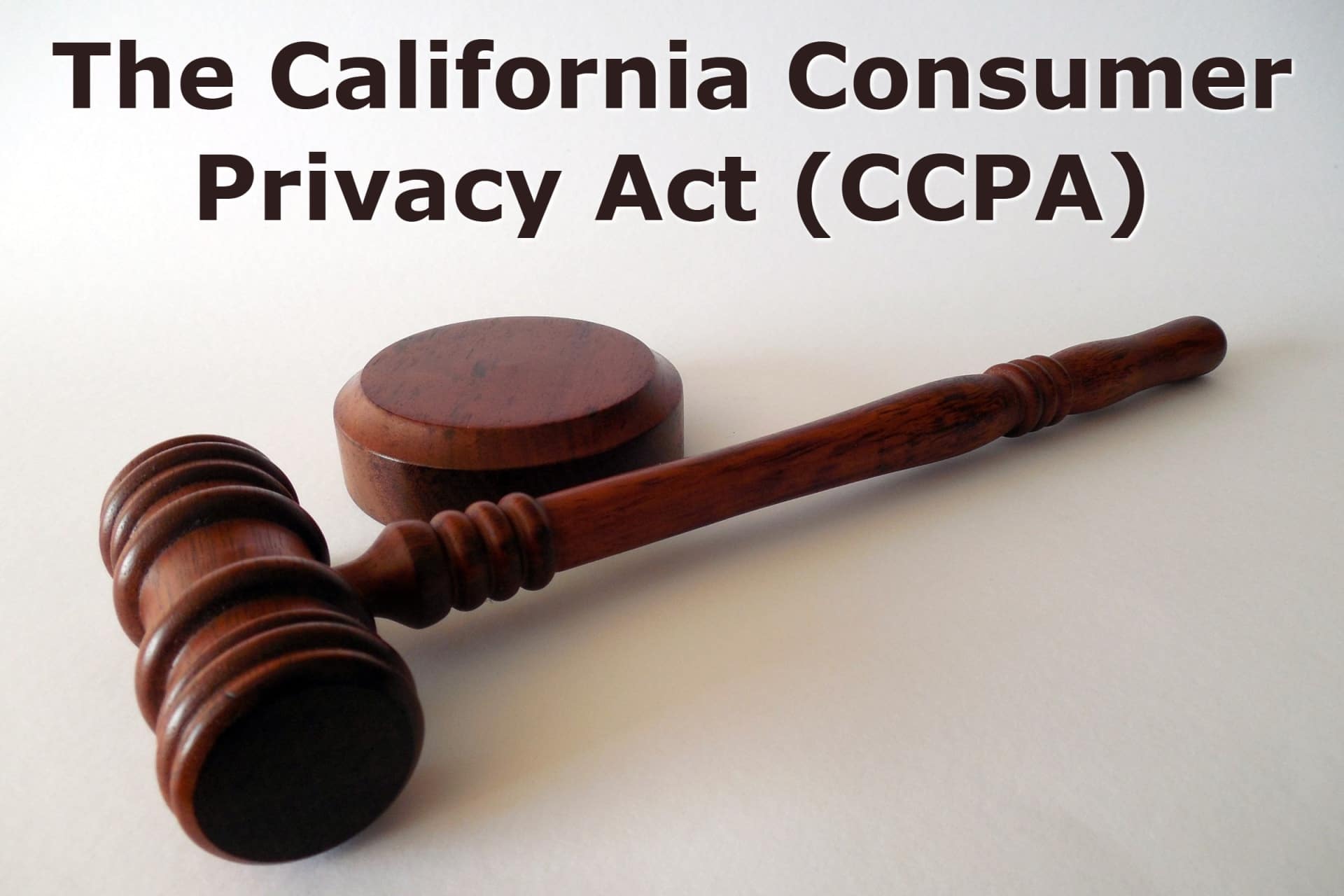 What is the Shelby Amendment?
What is the Shelby Amendment?
The Shelby Amendment is a law that Congress passed in 1998. It requires the Office of Management and Budget (OMB) to amend the OMB Circular A-110, thereby allowing members of the public to gain access to specific research data that has resulted from federally sponsored research projects. Directly related to the Freedom of Information Act (FOIA), this amendment affects how personal data can be used.
OMB Circular A-110 essentially allows the public, after submitting a FOIA request, to obtain any research data that is related to published research findings which resulted from of a project supported in whole or part with federally granted funds, and that has been published in a peer reviewed scientific or technical journal or cited officially and publicly by any federal agency in support of an action that has the force and effect of law (for example, administrative orders or regulations).
Shelby Amendment Quick Facts & Information
- The Shelby Amendment was passed in 1998 and became active fiscal year 1999.
- The amendment, a two-line provision, was added by Richard Shelby.
- The Shelby Amendment is also called the Data Access Act.
What is research data?
So what is research data specifically? Research data is defined as the recorded factual material, which is commonly accepted in the scientific community as needed to validate research findings. However, research data does not include the following:
- Preliminary analyses
- Peer reviews
- Drafts of scientific papers
- Communications with colleagues
- Plans for future research
- Physical objects (for example lab samples, audio or video)
- Commercial information
- Trade secrets
- Confidential materials required to be held by a researcher until actual publication in a peer-review journal
- Information that is protected under the law (for example intellectual property)
- Medical and/or personal information that would constitute an unwarranted invasion of personal privacy if disclosed
- Information in a research study that could be used to identify a particular person
Not complying with a request under the OMB amendment could be viewed as a material failure to comply with the terms and conditions of the award which could lead to enforcement action by the funding agency, including possible withholding of future funds or support, or could result in additional restrictions being imposed on any current and/or future awards.
How does the Shelby Amendment impact consumer mailing list data?
This amendment requires the consumers’ consent before releasing any personal information. Registered data may not be used to directly contact the owner without express consent to receive mail or other correspondence from any entity. Unsolicited mails are considered unlawful and may result in legal action.
The Regulations further require that the data holder must have obtained your contact information in the context of the sale of a service or product no more than twelve months before sending the direct marketing communication or where applicable, your contact information was used by that marketer for sending electronic mail within the twelve month period. Direct marketing rules for sending anything using electronic mail (e-mail) are simple:
When can marketers send electronic mail for direct marketing purposes?
- When given explicit consent to do so within the last twelve months.
- After obtaining your personal contact information which resulted from a sale to you of a product or service within the last twelve months and provided that you were informed of their identity and the purpose or intent of collecting your contact information, and also to whom your personal information may be disclosed to and any further information necessary for fair processing.
- The direct marketing information or offer sent correlates to similar products and services only.
- You were supplied with a simple, free method to opt out or decline the use of your contact information for direct marketing purposes when your information was initially collected, and where you specifically chose not to refuse the use of your information, you have the option to opt out or stop communication on each subsequent communication. This typically occurs with an “opt-out” method, which is available to you on each communication. By you not opting out on each communication, you remain opted-in for a period of twelve months from the date you received your last electronic mail communication).
The CAN-SPAM Act of 2003 prohibits procuring email addresses from specific online sources, such as blogs and chat rooms, without the express permission of the site users and owners.
Everything You Need to Know about the California Consumer Privacy Act (CCPA)
Back on June 28, 2018 the state of California passed the California Consumer Privacy Act. This law helps protect...
GDPR: What New Privacy Laws Mean for Email Marketers
The European Union (EU) has always been somewhat disjointed when it comes to uniformity of laws from one member...
What does it mean to be GDPR Compliant?
If you’re a business owner, than you need to know what GDPR is and how it can affect your marketing efforts. Chances...

 What is the Shelby Amendment?
What is the Shelby Amendment?

